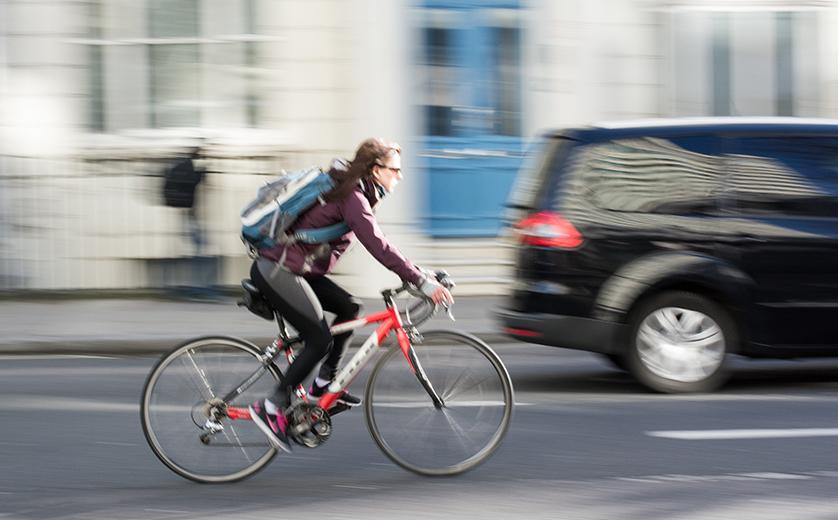St. Louis is making excellent strides toward embracing alternative transportation. The Board of Aldermen unanimously passed a Complete Streets bill in January, which will make St. Louis a safer place for pedestrians and cyclists. Great Rivers Greenway recently completed a feasibility study for a St. Louis bike-share program, bringing that project one step closer to reality.
In the spirit of National Public Health Week, St. Louisans should keep this momentum going by contacting Senators Roy Blunt and Claire McCaskill and asking them to co-sponsor Bill, S. 705, the Transportation Alternative Program (TAP) Improvement Act, a bipartisan bill that would increase TAP funding by 30 percent and make those dollars more available at the local level.
TAP allows communities to use federal transportation funds to build and maintain alternative transportation infrastructure like crosswalks, sidewalks, bike lanes, and trails. It also helps connect non-drivers to transit and supports Safe Routes to School programs, which are designed to reduce childhood obesity by providing children with safe ways to walk or bike to school.
Alternative transportation – walking, biking, or using public transportation – is a simple, inexpensive way to build much-needed physical activity into everyday life. A recent Washington University study found that adults in St. Louis who used public transportation at least once per week were twice as likely to meet the CDC’s recommendation of at least 150 minutes of physical activity per week. That level of activity, in turn, measurably reduces the risk of obesity, heart disease, stroke, diabetes, depression, and even some cancers. In addition to its health benefits, alternative transportation also reduces fuel consumption, saving money and reducing our impact on the environment.
St. Louis needs continued funding to support alternative transportation projects and maintain our momentum toward becoming a healthier, more active, more connected community.
Senator Blunt can be reached through his website at http://www.blunt.senate.gov/public/index.cfm/contact-roy, and Senator McCaskill can be reached through hers at http://www.mccaskill.senate.gov/contact.
by Andrew Torgerson, MPH candidate, Washington University in St. Louis
